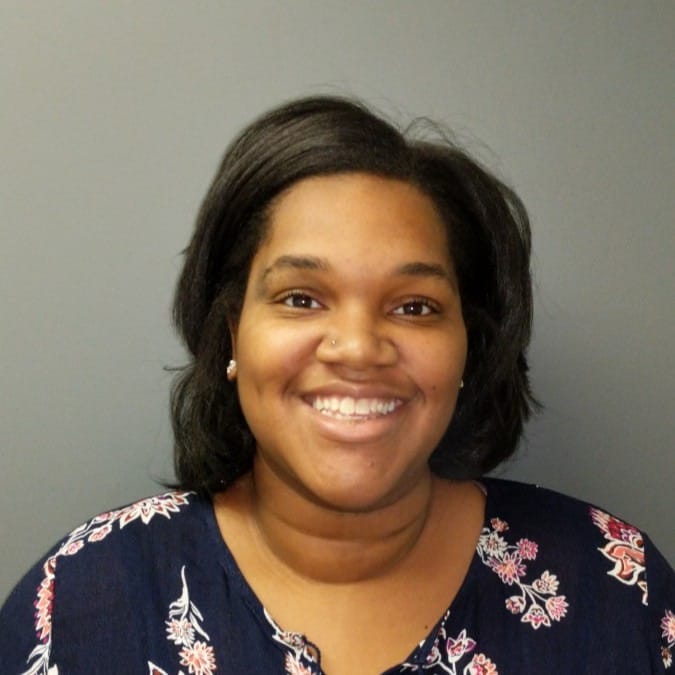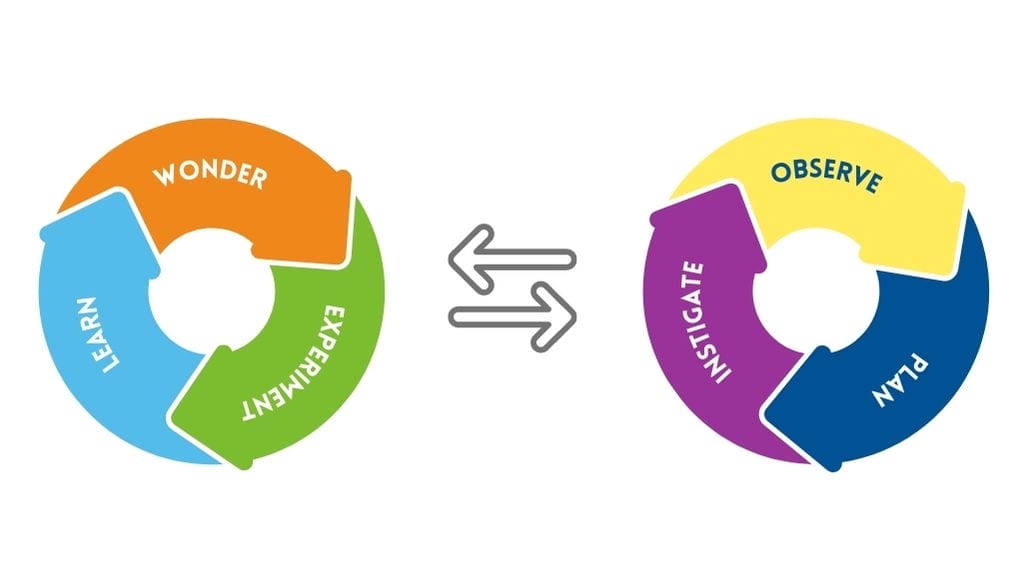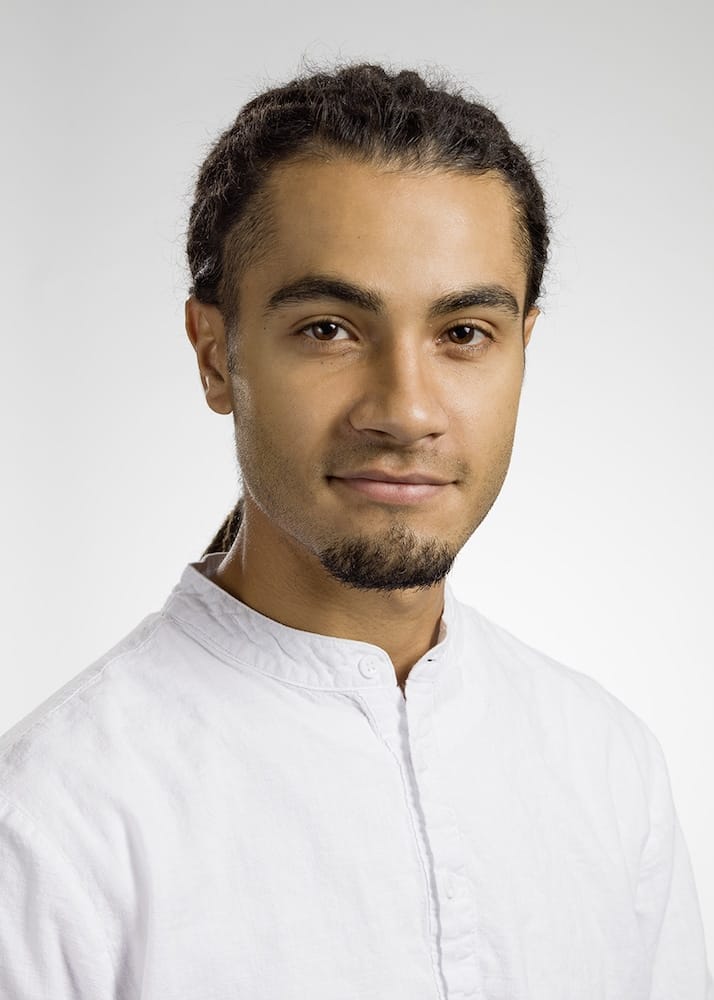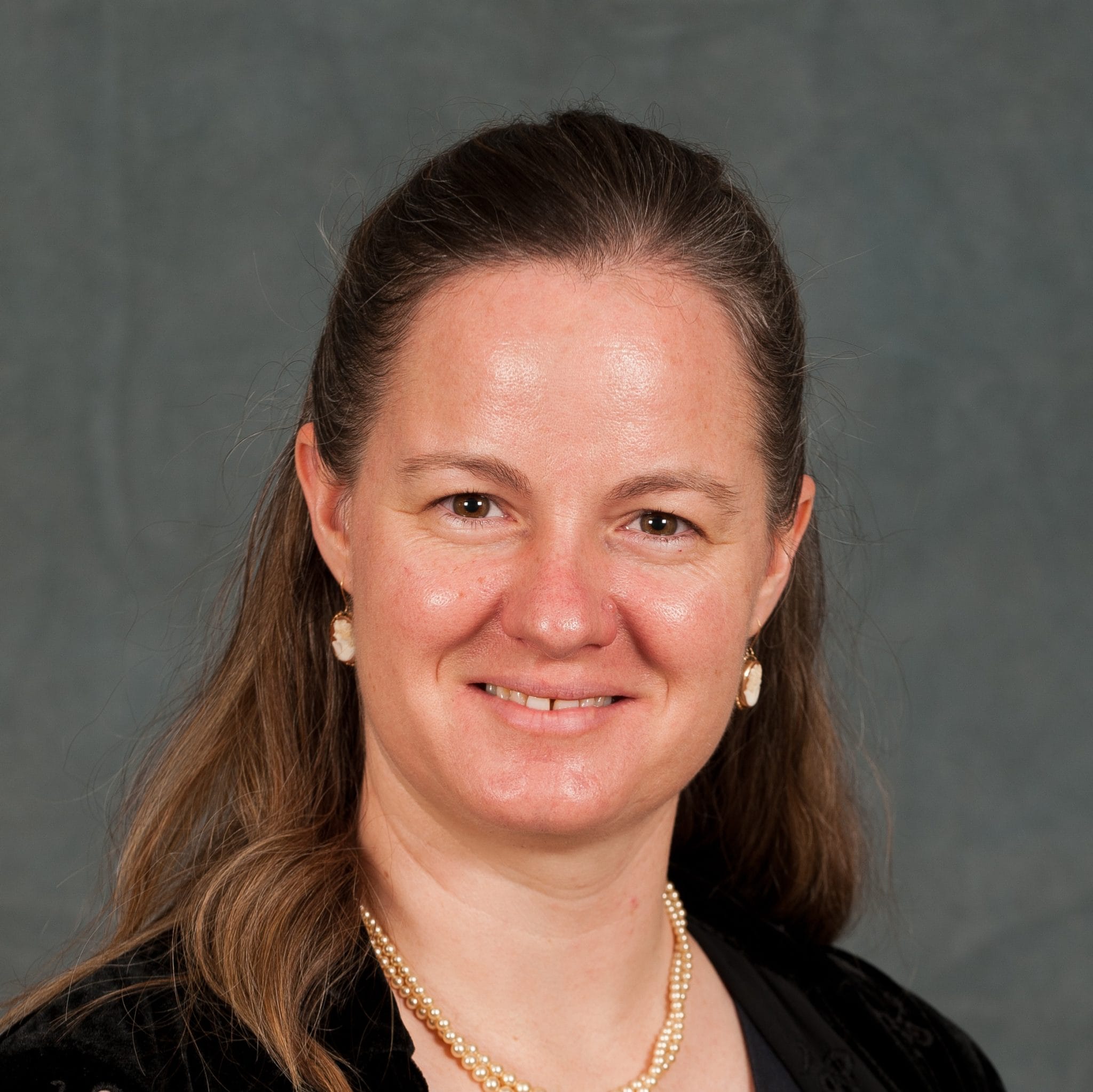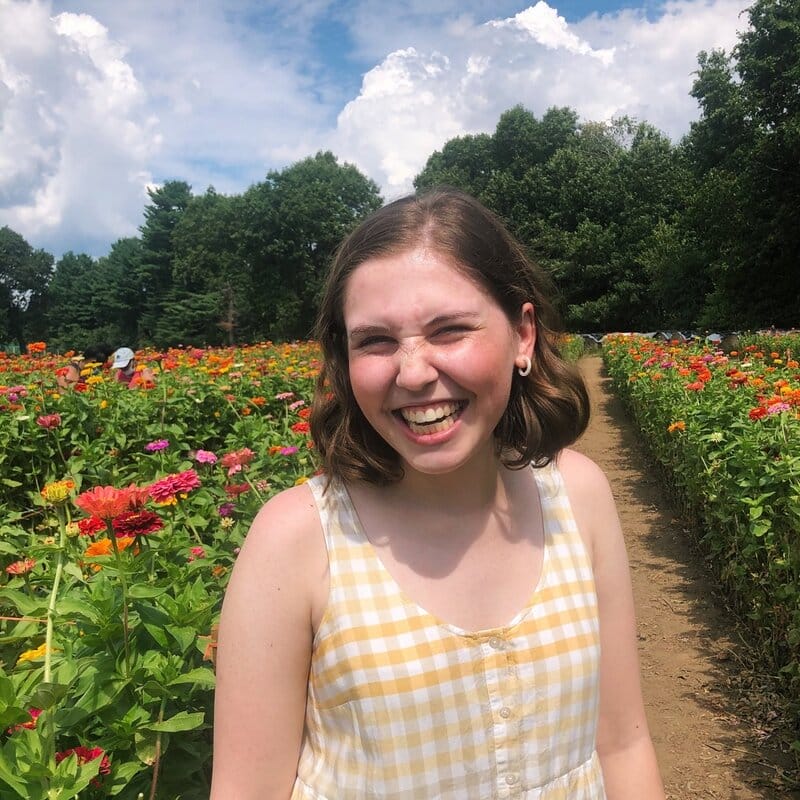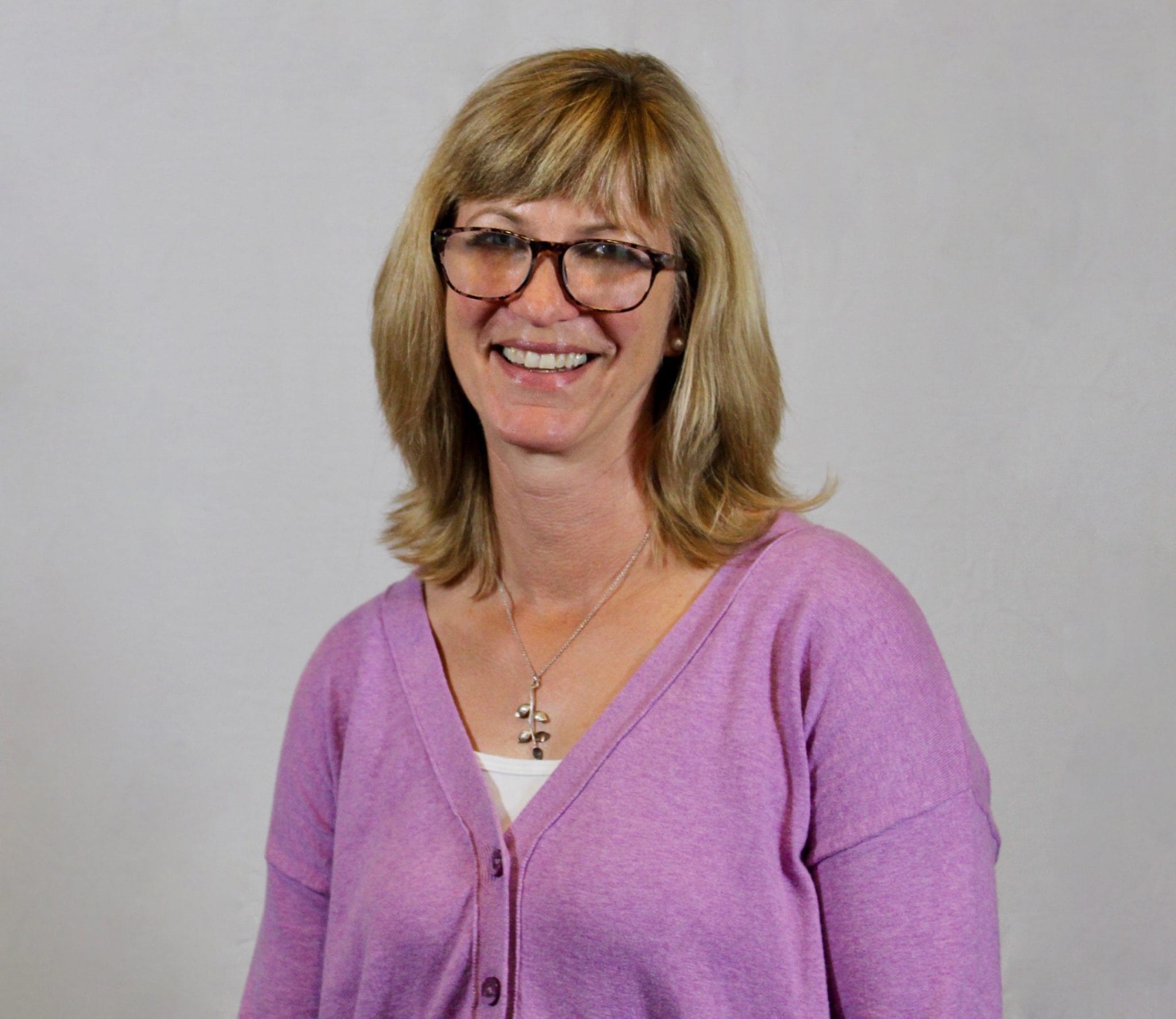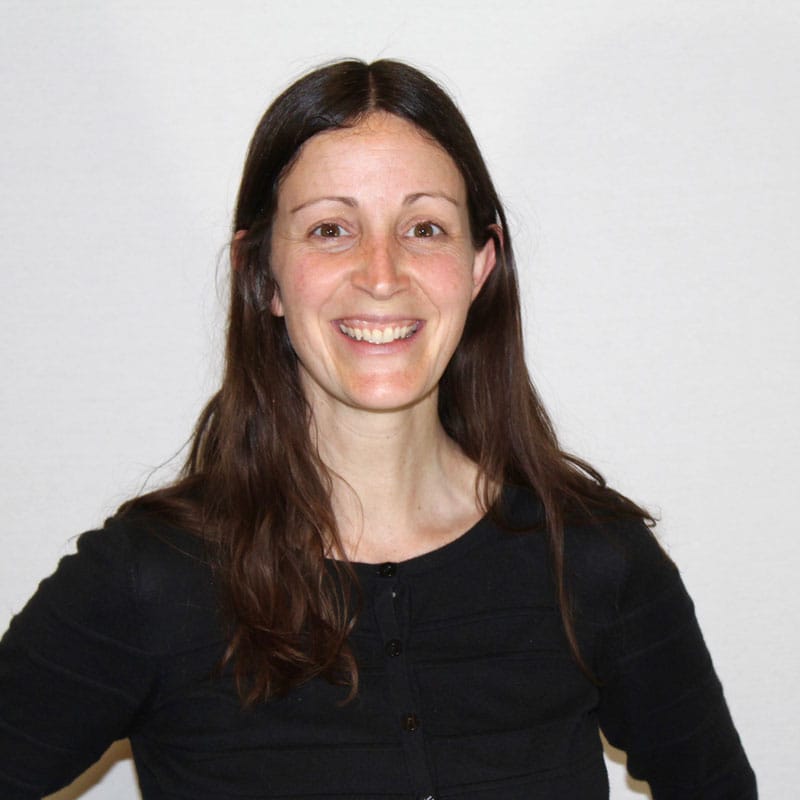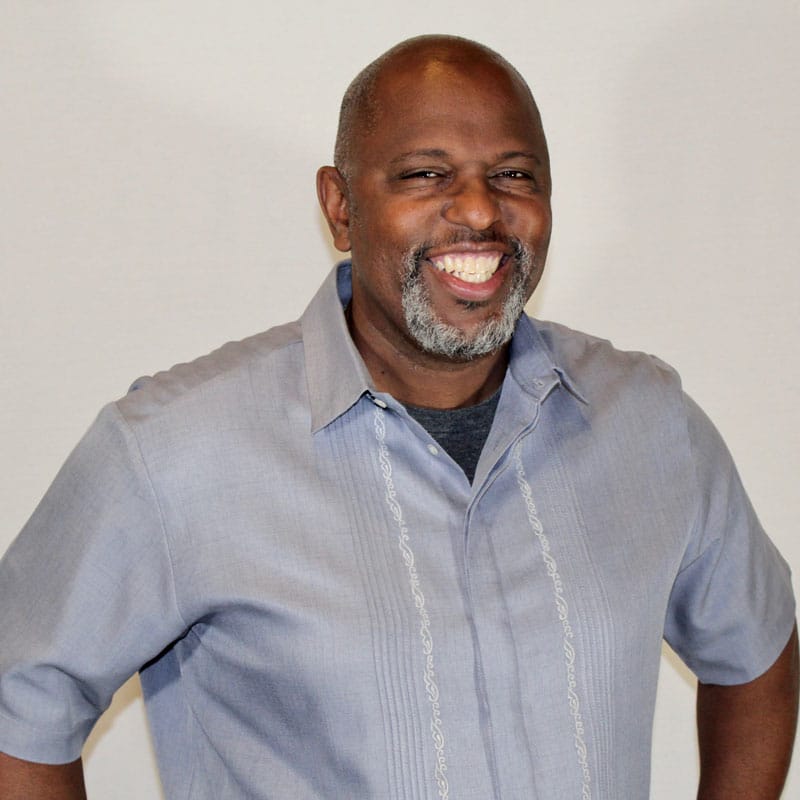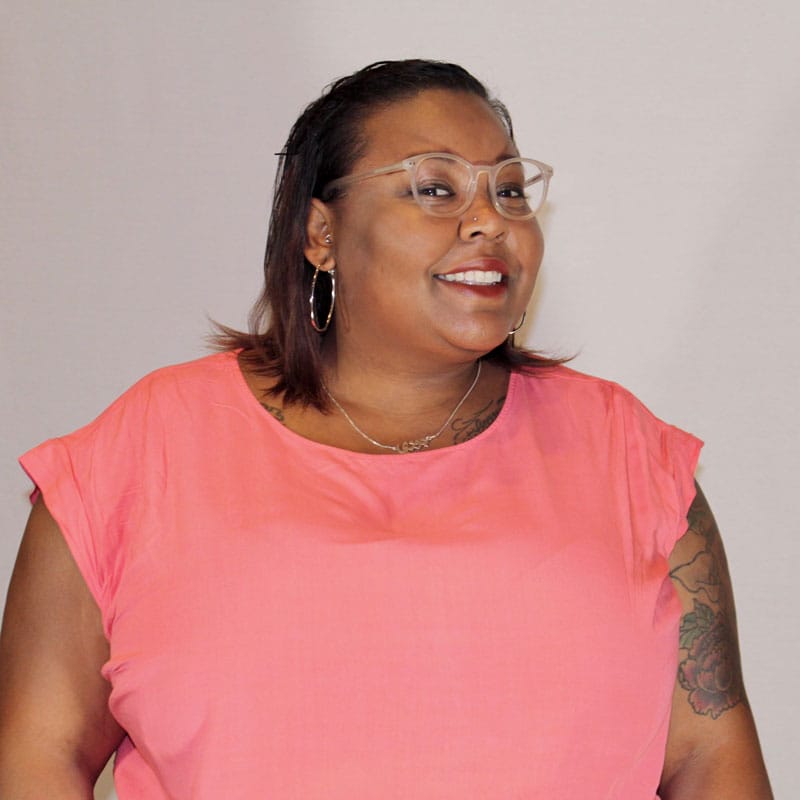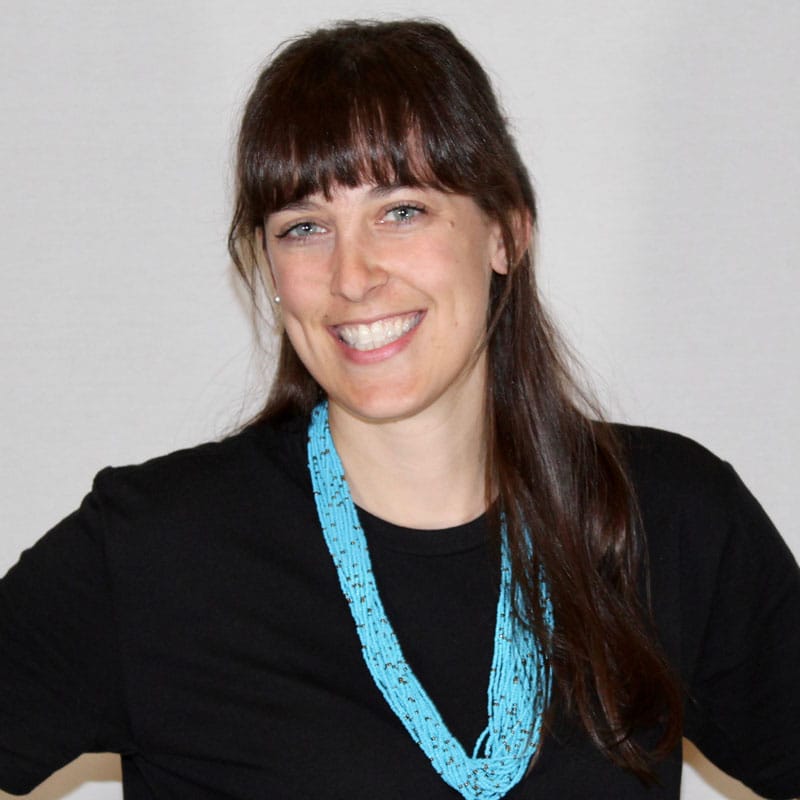“The most important thing to do right now is invite conversation.”
– Alejandro, 10th Grade
Last Thursday Inspired Teaching wrapped up the 2019-2020 school year with a final Speak Truth seminar in which students discussed: Are local and federal governments going about police reform effectively?
As with all the seminars this year, the student-led discussion was a powerful example of the capacity of young people to wrestle with complex problems and play an active role in finding solutions. Ra’Mya, a 10th grader planned and facilitated the discussion. She reflected, “I really enjoyed doing the discussion and was delighted to hear other people around my age express their thoughts and strategies on something happening in the world around them.”
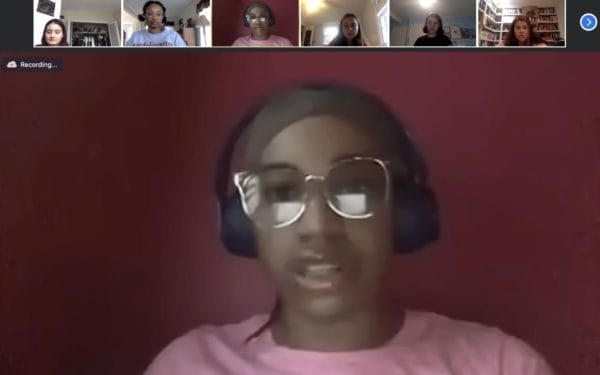
Ra’Mya, a 10th grader, planned and facilitated the June 18th virtual Speak Truth seminar.
Students discussed the guiding question from a variety of angles, including a close look at different facets of the Justice in Policing Act of 2020. They further examined what is actually meant by the phrase “defund the police” and the ways in which semantics can help or hurt a cause. Here is a sampling of their observations:
“[The Justice in Policing Act of 2020] is a good step in the right direction just as body cams were in holding police accountable, but I don’t think it will be signed by this administration. We need to keep this in our back pocket and then Biden will be more likely to sign it when he gets into office.” – Alejandro, 10th Grade
“[Defunding the police] is about moving the money around that’s funding the police which will lessen the issues that are pressing minority communities. Adding money in places where it’s lacking will help in lowering crime rates, helping impoverished communities, and things like that.” – Adena, 11th Grade
“A lot of times in social movements, people have to say really radical things to meet in the middle. I know ‘defund the police’ can be weaponized to hurt the left, but there needs to be a radical statement to make people pay attention.” – Madeline, 11th Grade
“Presidents have run on this idea of being tough on crime and the idea of over-policing communities of color and they need to understand the history that has made police break up many movements for justice and change. If they understand the history then they can come from a place of understanding.” – Hermela, 10th Grade
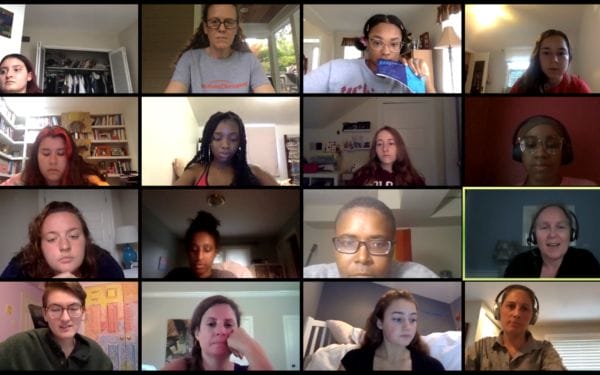
More than 30 students and teachers attended the last Speak Truth seminar of the 2019-2020 school year.
Up until March of this year, Speak Truth was an in-person event, but the shift to online sessions meant students could participate regardless of location and it was clear that those who joined found meaning in the opportunity to engage thoughtfully with one another around current and pressing topics. We asked the Inspired Teaching staff who have prepared students for these sessions throughout this year to share their insights from the experience.
“Great things can happen when we let students lead discussions that matter to them,” said Cosby Hunt, Manager of Youth Programs. “The quality of our discussions has not diminished in this space in comparison to our in-person discussions. It makes me wonder how schools and school systems might incorporate student-led seminar series, with written reflections, as credit-bearing work.”
“Our students’ authentic voices, supported by serious research to back their views, teach me so much, not only about the many topics they discuss, but also about what it looks like to bring one’s true self to a difficult conversation,” said Aleta Margolis, President. “Speak Truth offers a structured, student-facilitated process for engaging students in topics they care about that ensures all voices are heard. This kind of meaningful, student-directed learning needs to become the norm, not the exception, as school reopens this fall.”
“I’ve learned so much about the value and strength of communicating with one’s peers while elders are present but silently engaged, especially for our youth, and the beautiful and fragile dynamics of sharing experiences,” observed Nina E. Pulley, Youth Programming Intern.
When asked how the staff who run the program deal with conflicts that can arise when different opinions flare during a discussion, Nina explained, “there is a certain level of faith that is required for these kinds of things to work. When you believe in the capacity for students to be able to talk to each other, part of the program is allowing this to be a place of civil discussion but also a space where disagreement can happen and work itself out.”
Max Peterson, Youth Programming Coordinator, agreed. “One of the things that makes this work is the level of maturity the students bring to discussions . . . We’ve had some discussions that were really testy and bordered on aggressive disagreement, and that can be a little intimidating and scary. But backing off and letting the group police the discussion, really letting them step up to the plate of responsibility in my experience works.”
Nina said that learning experiences like Speak Truth are particularly important for our young people right now. “This level of verbal literacy needs to be prioritized and enacted in a project-based learning environment across all schools, but especially public schools, so that students can articulate what they’re feeling, when they are feeling it, and express themselves without judgment or condemnation, so that political change may continue to develop.”
As we look toward next year we are encouraged by what we’ve learned and been able to do with Speak Truth this spring. We have confidence that this model can work both in in-person and virtual contexts and that kind of flexibility will be key for what promises to be another unusual school year. If you’re interested in bringing the model to your school this fall, send an email to resources@inspiredteaching.org and we’ll be in touch.


